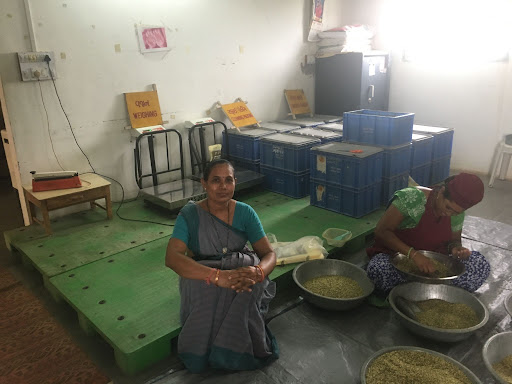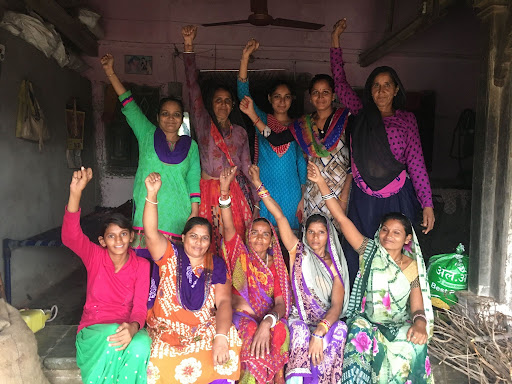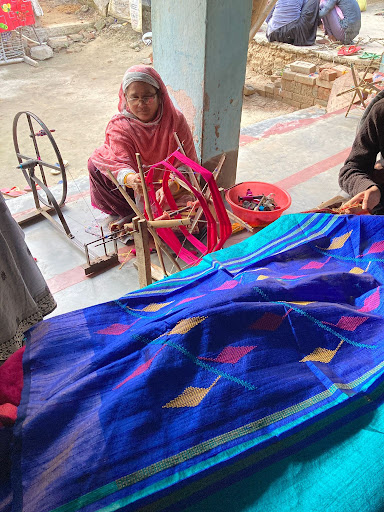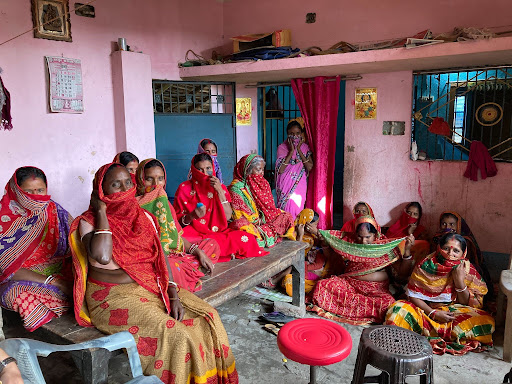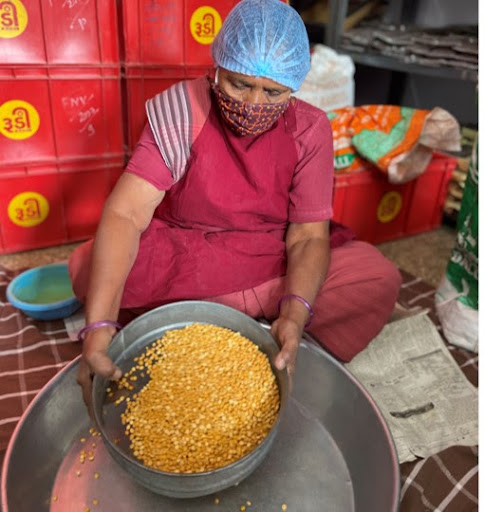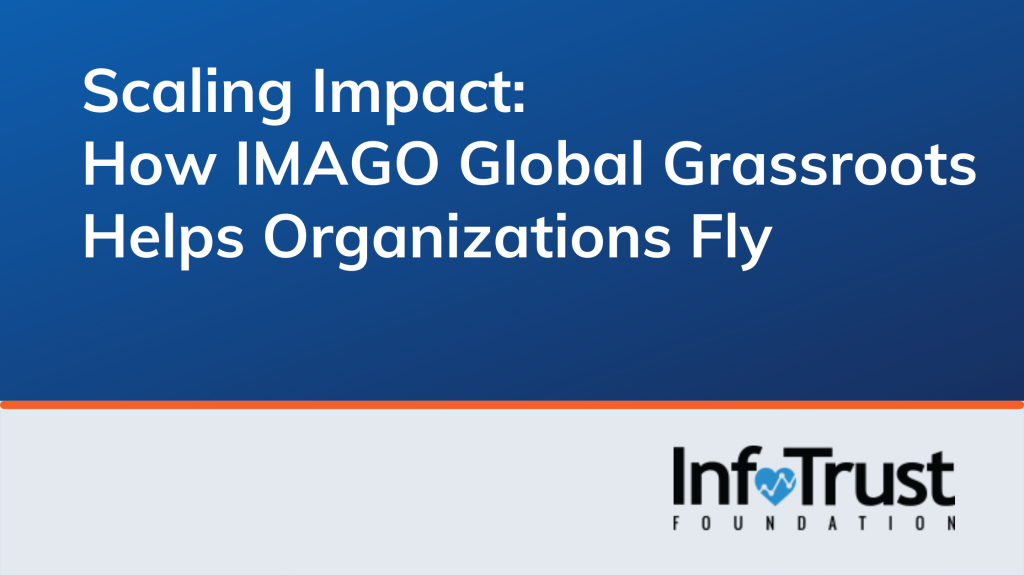For COO of IMAGO Global Grassroots Johanan Rivera, building a world in which the innovations and solutions developed at the grassroots level can reach a global scale is his biggest hope. Changing the way the world thinks about development and activating the agency of communities unable to capitalize on external opportunities—it’s not just a pipe dream—to Rivera, it’s attainable.
Inspired by the InfoTrust Foundation’s commitment to making the world a better place, IMAGO has partnered with the foundation with the hopes of answering the biggest development challenges that exist today. As Rivera says, “together, the sky is the limit.” Read on to learn more about this inspiring organization and how it helps to scale impact.
Q: For someone who knows nothing about IMAGO, please tell us about the organization.
A: IMAGO is a nonprofit focused on scaling-up social impact. We work with innovative grassroots organizations and nonprofits all over the world to co-create the necessary conditions for them to be ready to absorb the funding they need to grow exponentially while respecting their core identity, values, and context. We build their capacity by helping organizations articulate a strong theory of change, create a sustainable business model, nurture a culture of evaluation and learning, embrace an agile way of working, and enable collective leadership.
Q: What makes IMAGO unique and sets it apart?
A: What sets IMAGO apart is our high-touch and long-term approach. We are committed to helping these organizations succeed—and that takes time. We stay with organizations for three to five years. We are in it for the long-haul, supporting them every step of the way. The work that we do puts special emphasis on enabling and motivating people within the organization to manage, drive, and embrace organizational change. This cannot happen without trust and collaboration. Our approach is really about building true partnership.
Q: What is something about IMAGO that we may not know about?
A: In biology, imago is the last stage an insect attains during its metamorphosis; it is a process of growth and development also called the imaginal stage, the stage in which the insect attains maturity and gets its wings. It is a violent and painful process from which insects come out fully transformed and ready to fly. Helping organizations transform and getting them ready to become airborne is the inspiration behind our name.
Q: When you think about IMAGO, what three words come to mind?
A: Agency, co-creation, and transformation
Q: What are some of IMAGO’s areas of focus?
A: We have four focus areas: gender equity, livelihoods, education, and climate change.
Q: Tell us about how InfoTrust’s donation will help your mission at IMAGO. Where will it be going and who will it help?
A: InfoTrust’s donation will go directly to our India office, specifically to finance our work with SEWA. SEWA is a 1.7 million members trade union of self-employed women working in the informal economy across 16 states in India. SEWA’s mission is to help the most vulnerable women achieve economic freedom, retain decision-making power, and assert their voices. Over the past decades SEWA has built cooperatives to help its members gain access to banking, healthcare, childcare, insurance, housing, and legal services. Such services are the safety net that protects SEWA women from falling into a spiral of vulnerabilities. IMAGO is helping SEWA through the development of protocols and processes to build an Enterprise Support System (ESS) that helps these cooperatives and social enterprises achieve financial sustainability and measurable empowerment goals for their members.
Q: Your website says IMAGO helps scale impact. What does that mean to you?
A: Whenever I think of scaling impact, I immediately think to the definition of scaling put forward by the Brookings Institution back in 2013: “reaching large numbers of people living in poverty with interventions that transform their lives.” Scaling impact for me is helping innovative approaches that tackle poverty and the provision of social services become financially sustainable long-term while reaching as many people as possible.
